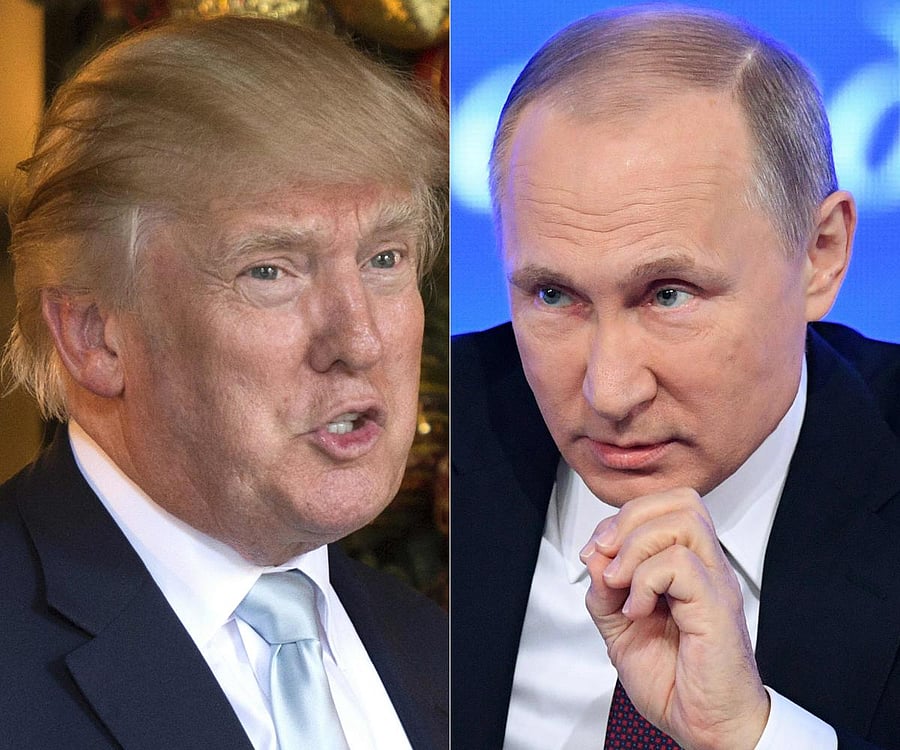
The United States and Russian decisions to suspend participation in the Intermediate-Range Nuclear Forces (INF) Treaty is irresponsible as this could spur a new nuclear arms race. It could lead to the collapse of other nuclear arms control treaties as well. Signed by Ronald Reagan and Mikhail Gorbachev in 1987, the INF Treaty bans development, production, and deployment of medium-range ground-launched cruise or ballistic missiles. It was a landmark agreement as it eliminated an entire class of nuclear missiles. With US President Donald Trump announcing the US’ withdrawal from it on Friday and his Russian counterpart Vladimir Putin following suit a day later, this treaty, which played a major role in easing tensions in Europe and made the world a bit safer from the possibility of a nuclear exchange, has been consigned to the dustbin. Both countries accuse the other of violating the treaty and prompting their decision to withdraw from it. In October last year, Trump gave Russia a 60-day deadline to comply with the treaty. Bilateral talks that followed saw neither side budging from their positions.
The INF Treaty is a bilateral one. Nuclear arms control experts point out that more than Russia’s non-compliance with the treaty, it is the treaty’s exclusion of China that prompted the US decision. China is improving its cruise missile arsenal and the US sees itself at a disadvantage in the event of a war. The US is contemplating placing cruise missiles in Japan or the Philippines and is therefore keen to get over the INF Treaty hurdle.
Having announced the suspension of their participation in the treaty, the US and Russia now officially have six months to leave the treaty. There is space still open for negotiations to save it. In the 1980s, peace movements in Europe played a major role in pushing the US and the Soviet Union to negotiate and conclude nuclear arms control agreements. European civil society must mobilise again to press governments to save the INF Treaty now. Importantly, the coming six months provides the US and Russia an opportunity to draw China into talks for inclusion in the INF Treaty. This is a challenging task, especially since most of China’s nuclear missiles fall in the medium range prohibited by the treaty. But the looming nuclear arms race will include not only the US and Russia but also China. Given its soaring economic ambitions, China may not be keen to get dragged into a nuclear arms race now. That may be reason to hope that China would be willing to come to the INF Treaty table.
